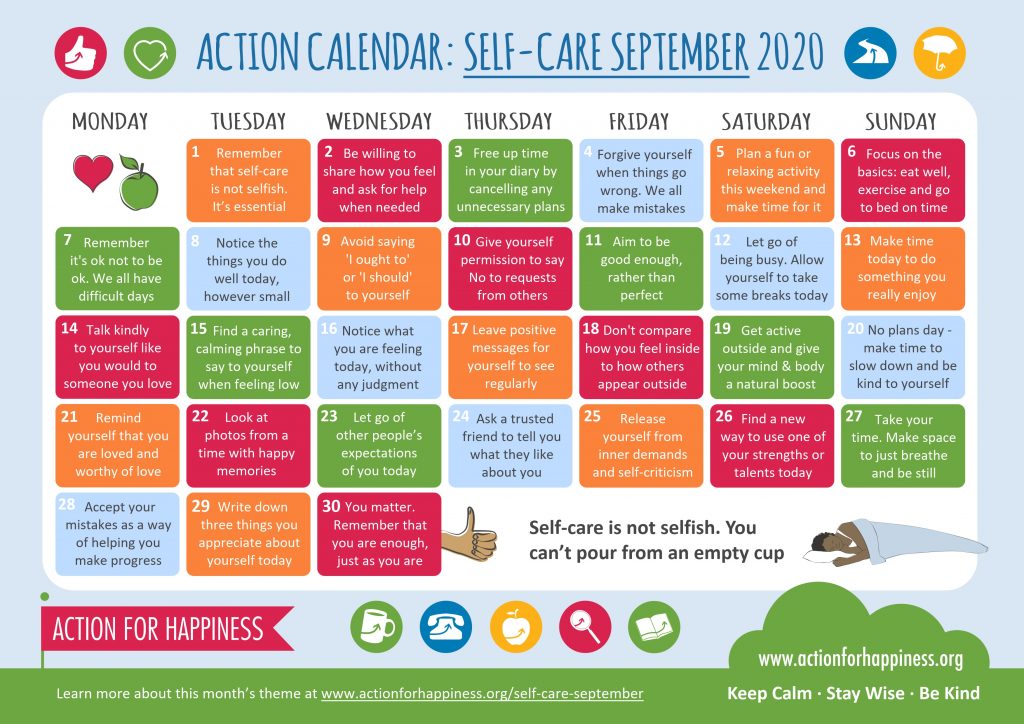Every day, I work with young people who are struggling to overcome immense challenges in their lives and find a better path forward. Talking to a qualified and trusted mental health professional and engaging in the therapeutic process are essential to making progress for those who are dealing with serious mental health or emotional issues.
At the same time, as we work together, I want to empower my clients to take an active role in their healing outside my office. By encouraging them to live a healthy lifestyle and take care of their wellness, I hope to give them additional tools to make positive changes in their lives.
The importance of the mind-body connection can’t be underestimated. It’s common knowledge that chronic stress can have a devastating impact. It is linked not only to mental health issues, such as anxiety and depression, but also to numerous physical health problems, including heart disease, ulcers, and asthma. Conversely, countless studies have shown that exercise can have a profoundly positive effect on depression, anxiety, ADHD and more.
In other words, it’s all connected and good self-care can heal both body and mind.
Common Self-Care Strategies
Here are 10 common self-care strategies that physicians and mental health professionals often recommend:
- Live Healthy – Much research exists that shows that eating healthy, getting enough sleep and regular exercise play a significant role in mental and emotional wellness. Limiting your intake of caffeine, alcohol and refined carbohydrates can improve your mood and make you feel better. Certain types of exercise such as yoga turn off the stress response and enhance tranquility and relaxation.
- Foster Connections – Relationships are key to wellbeing. Loneliness and feelings of disconnectedness are serious threats to our mental health. Carve out enough time to regularly connect with a friend or family member. Consider engaging in COVID-safe social activities like a Zoom book club or a socially distanced walking club.
- Do something you enjoy – Whether you knit, write sci-fi or work on your car, if you spend time on things that capture your full interest, your mind doesn’t churn with unhealthy or stressful thoughts. A note on screen time: For many of my younger clients, playing video games is what they enjoy. But too much screen is not good self-care. It can contribute to feelings of isolation and exacerbate anxiety and depression. Instead, consider doing something tactile that engages your mind and body in different ways.
- Get outdoors – Spending quiet time in nature, away from noise and stimulation, rejuvenates us and helps us to adjust to a more relaxed state of being.
- Think positively – Positive emotions can decrease stress hormones and build emotional strength. Perceptions and thoughts often determine emotional reactions. By focusing on the positive, you can improve your mood and feel better.
- Meditate – Meditation allows you to slow down, observe your mind and achieve a state of calm. There are different types of meditation including deep breathing, visualization, prayer or mindfulness meditation. A good way to start is to find a quiet place and close your eyes. Next, repeat a calming word or phrase as you breathe to help slow your racing thoughts. With each breath, you will become more relaxed. Take a time-out daily to practice meditating until it becomes a habit. Listening to positive music and prayer are also forms of meditation that people find helpful.
- Laugh or cry– Laughter brings oxygen into the body, releases muscle tension, and stimulates the production of endorphins, which make us feel good. Crying is a natural way for humans to release stress.
- Journal – Talking to yourself through writing is soothing to the soul and a great way to express your feelings without fear of judgment.
- Serve your community – Walk dogs at a local shelter, pick up trash in a park, bring a meal to a sick neighbor. Helping others gives your body and brain a good workout, boosts your self-esteem and helps you build a social support system.
- Focus on the future – Think about your goals and what you want to achieve, make plans. This will help you stop reliving pain and hurt and getting stuck in unhealthy thought patterns of the past.

Self-care isn’t a one-size-fits-all approach and there are many more strategies that can support wellbeing. Consider making a self-care plan that works for you. It will be just one more step toward achieving your best life.

